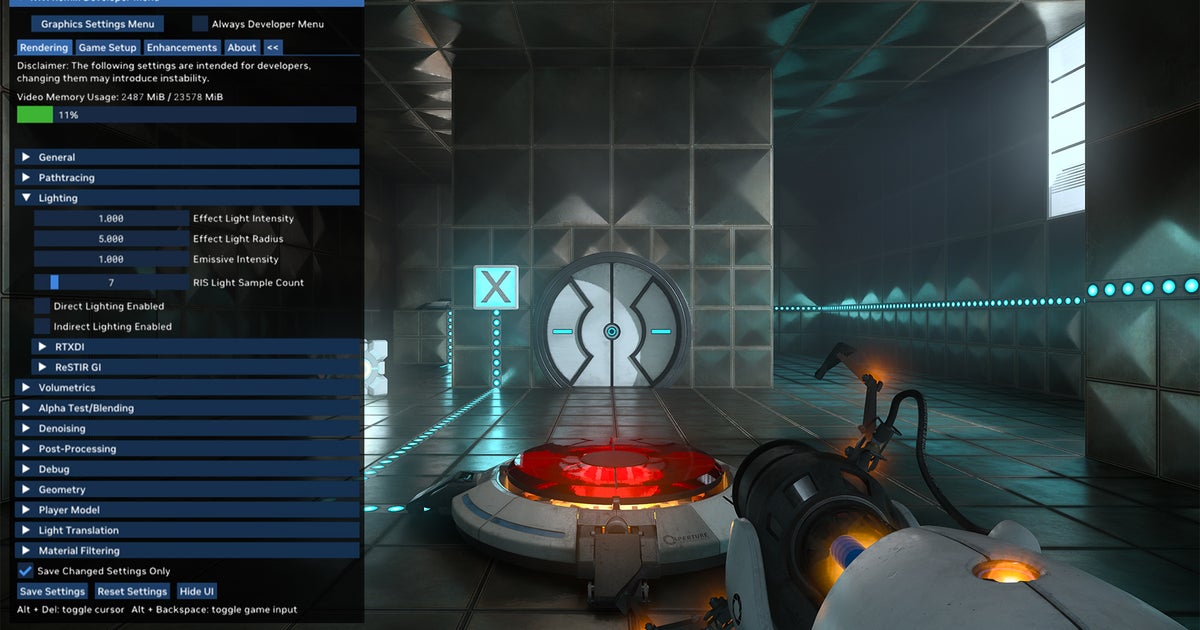It’ll be interesting to see what gets made out of this. Remastering old games with modding sounds awesome.
Reminder that even if AMD’s ray tracing isn’t as advanced, alternative, cross-platform solutions such as RTGL1
docould work very well on both Nvidia and AMD cards.Edit: Clarified, these things do work well, but only where they work. Point meant to be, if anyone but NVidia was doing this, it wouldn’t have to fracture PC gaming so badly.
Searching for that the only thing that comes up is a repo with half life / doom / quake branches. There’s no documentation on how to use the library for other games and most github issues seem to be about those games instead of the library. Am I looking at the right thing?
Yeah, that’s it. Unfortunately, AMD isn’t being well developed for. It’s just that, Nvidia doesn’t have to be the only viable option for RT, but because they have the funding and initiative, it’s been allowed to become so. RTGL1 is just an example for how it can work for AMD as well, assuming the renderer supports AMD-equivalent functions.
Worse, the release of an Nvidia-only toolkit like this is gonna cause a lot of pain with this in the future.
“AMD’s cards have faster and better ray tracing than Nvidia now? Man, that’s cool, but I’ve got, like, ten games running on RTX Remix, and they don’t support things like FSR.”
Whilst I like more tools for people to be creative with, the promises in these rtx tools look less like they are enabling creativity and more like trying to lock mods to their cards and having the human input be more technical busywork than artistic endevour.
You see this a lot when there are open source versions of games, id software games, for example. People like adding fancy lighting and HD textures, which ends up making Quake look like this

I generally just prefer the original look without the shiny, the shiny just distracts.
The article talks about that actually and I do agree, HD textures just kinda suck. Better lighting and effects could look good though, if done properly.




